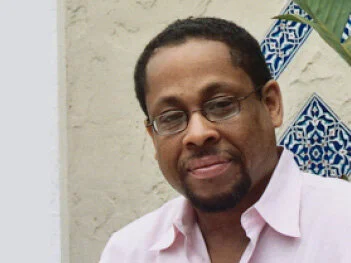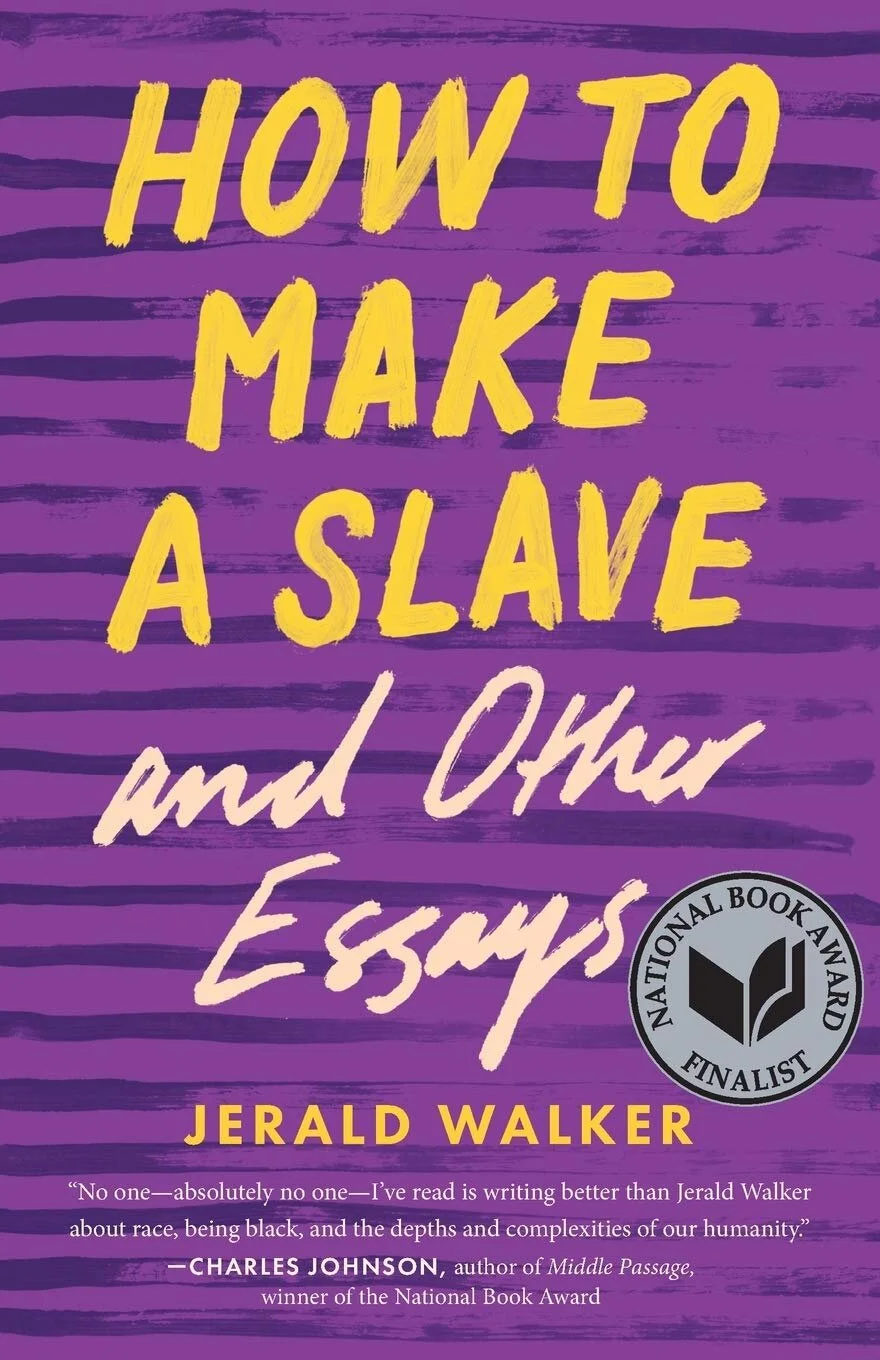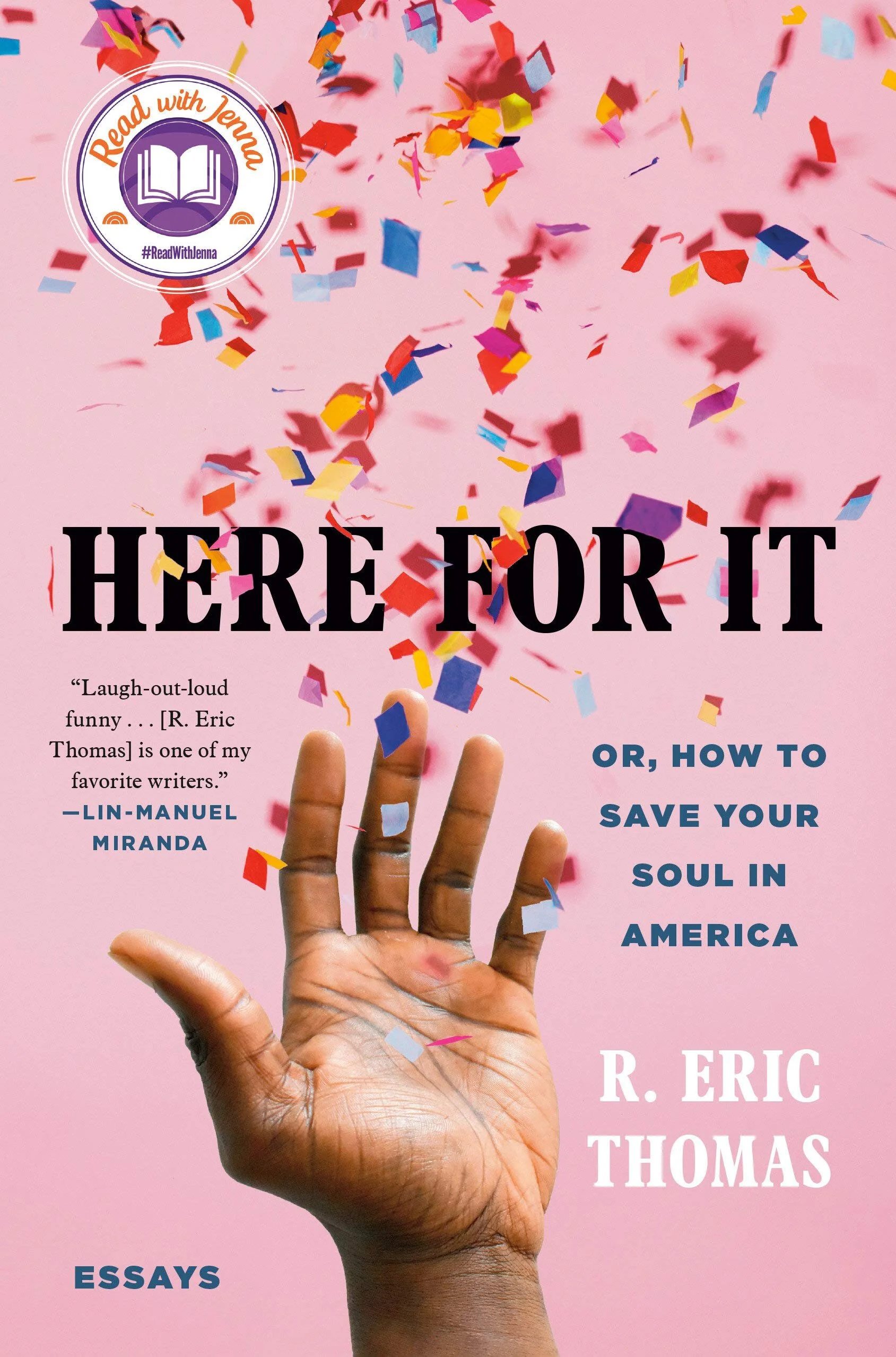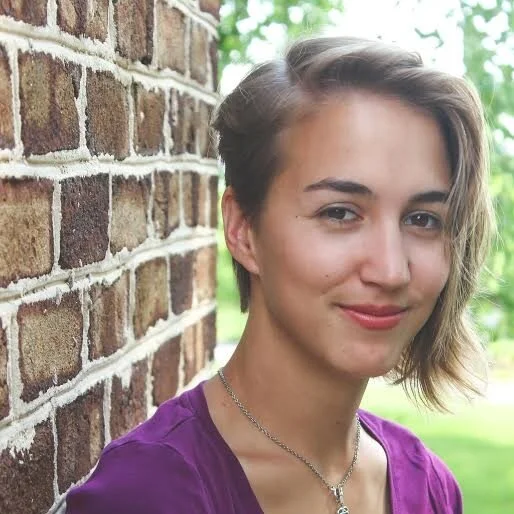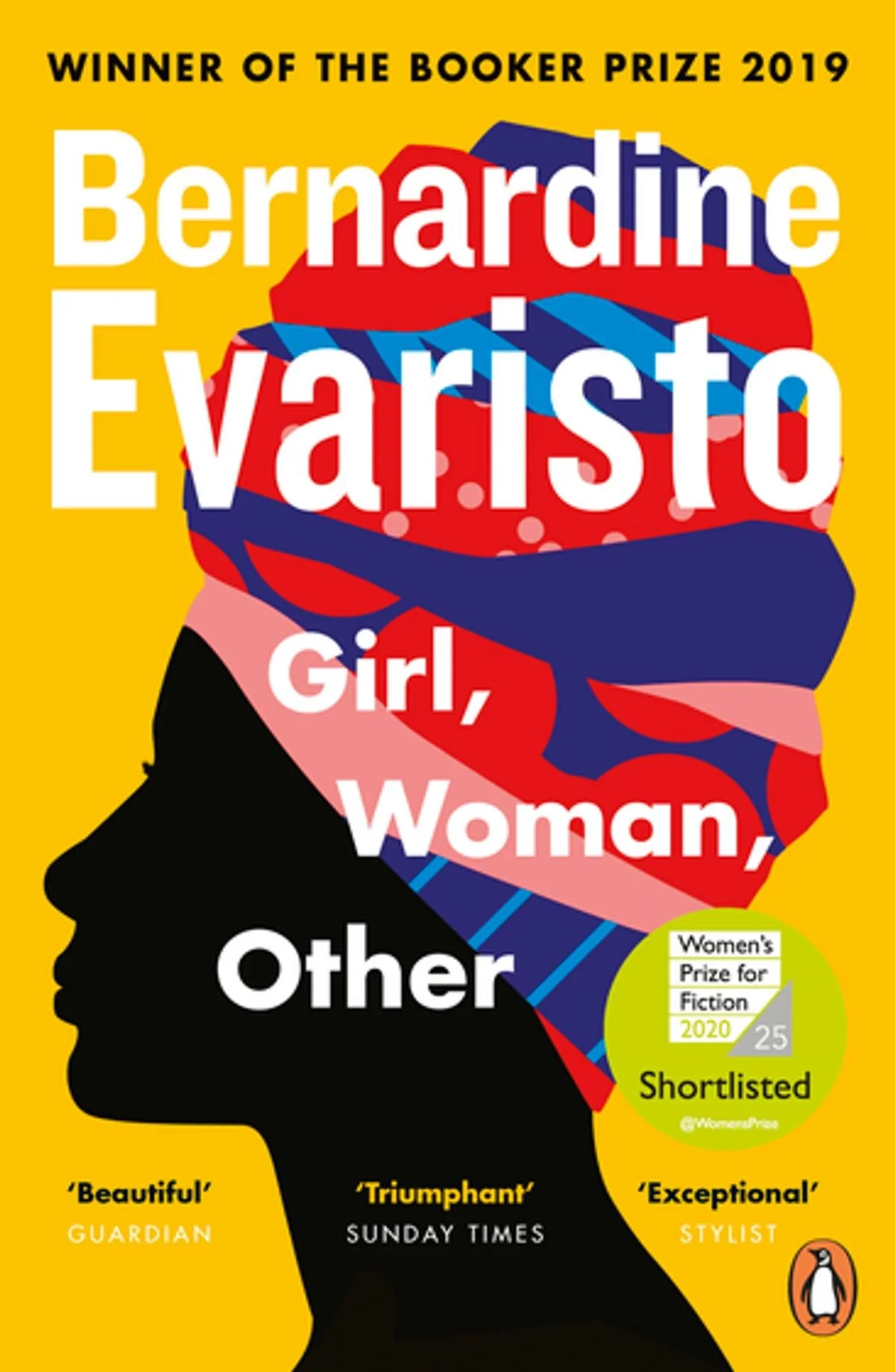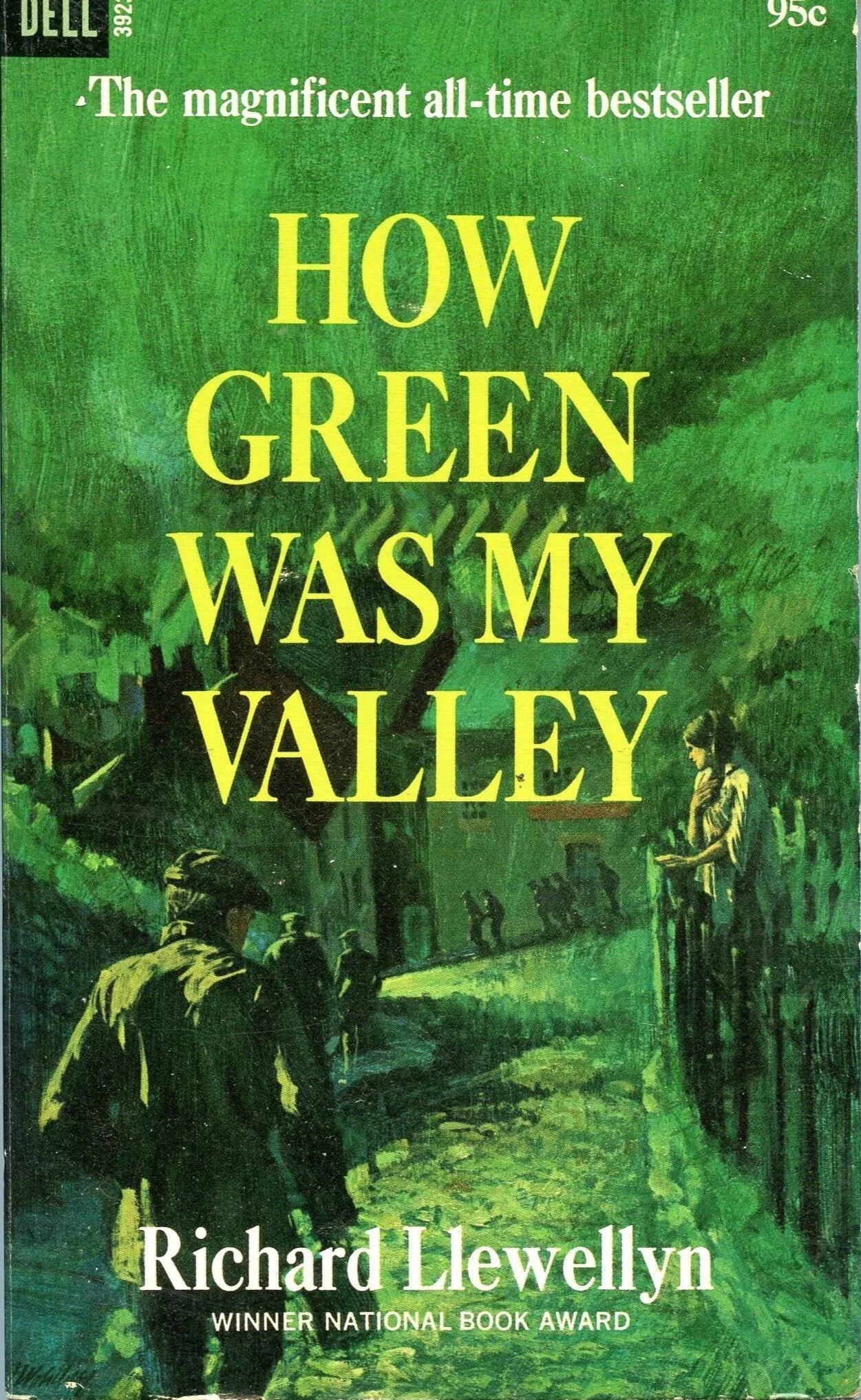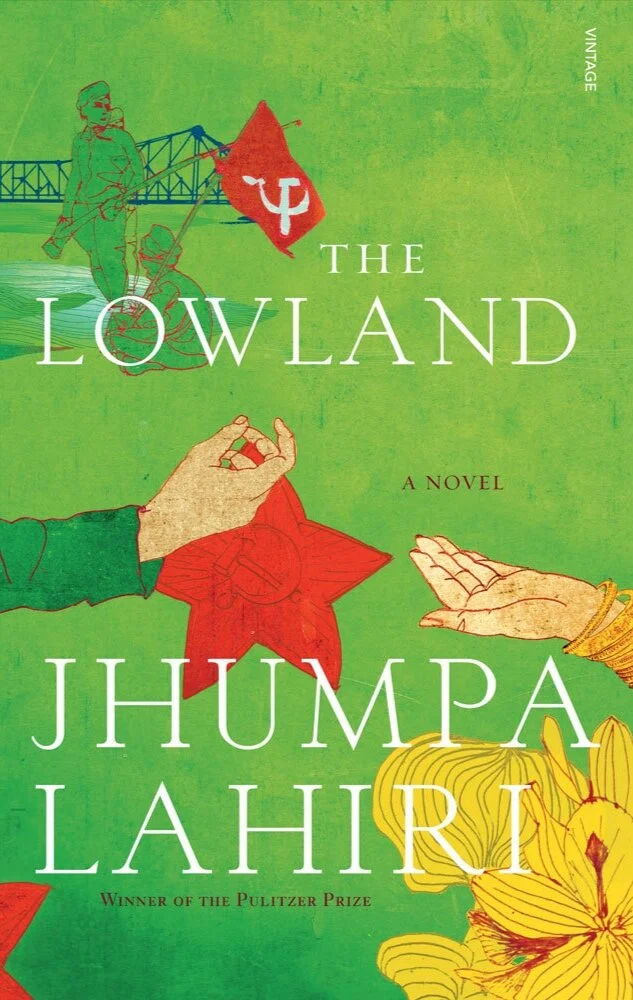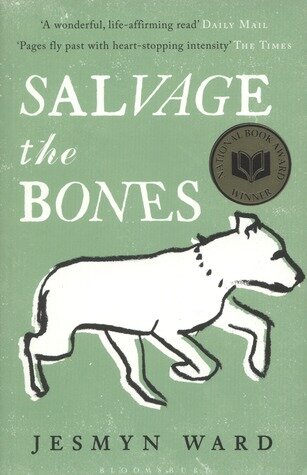Playwrights on Playwrights (Part 1): Val Dunn & Quinn Eli
Azuka friends and family —
Happy New Year! We hope you are well and staying safe, as we reflect on all that 2020 brought and look ahead to 2021. At Azuka, even without productions this season, we are proud and excited to be continuing to hold space for our playwrights’ group New Pages, especially with the group’s new fearless leader Quinn Eli at the helm! To help you get to know Quinn and all of the New Pages members better, Playwrights on Playwrights will feature all six of them, as interviewed by people who can really dig into their artistic processes — each other!
Part 1 of 3 features Quinn Eli and Val Dunn. In Philly, you may have seen Val’s work in our reading of her play O, Possum!, or other shows such as Now More Than Ever (Philadelphia Fringe Festival) and Johnny Depp: A Retrospective On Late-Stage Capitalism (Edinburgh Fringe Festival, Philly SoLow Fest, Philly Theatre Week). Quinn is a co-founder of Jouska PlayWorks, a Philadelphia-based initiative for playwrights of the African Diaspora, sponsored by Simpatico Theatre. A member of the Literary Managers & Dramaturgs of the Americas (LMDA) and the Black Theatre Network, he also heads the Theater Program at the Community College of Philadelphia. Val, Quinn — take it away.
VAL ASKS QUINN…
Quinn Eli, Resident Dramaturg for New Pages
VAL: When you begin a new play, where does that idea originate? From plot, a bit of dialogue, an image, etc?
QUINN: It always starts with an image. Always. An image appears in my head out of nowhere — I assume it's a fragment of a dream — or maybe I see something inexplicable on the street, but no matter how the image arrives, it ends up haunting me for days, sometimes weeks, until I finally have no choice but to sit down and try to make sense of it in a play. My favorite is an image that hit me out of nowhere of a woman in a wedding dress standing on a top of a desk in a church rectory and yelling at the pastor. Clearly my subconscious is bizarre. Anyway, I couldn't let that one go. I wrote the play and though I was never fully satisfied with the results, I did at least figure out the image (the pastor was confessing his love for the woman just minutes before she was scheduled to walk down the aisle with someone else!)
VAL: What’s a moment from one of your plays that feels most representative of what you’re trying to do as a playwright?
QUINN: This may not quite answer the question, but I recently wrote a play that featured a clear villain, and the villain was great fun to write, as villians often are — especially this guy, who was white and straight and entitled and myopic. And I felt very pleased with his portrayal — until I realized that his villainy was so clear, so legible, that it would literally be no challenge at all for the audience to recognize right away just who in the play deserved their scorn. What's more, it made no sense that the other characters in the play would even hang out with this guy if he was such a toad. So in the rewrite, I changed him into a really nice guy, one whose villany became apparent gradually — not only to the audience, but also to the other characters in the play. And for some reason, this change struck me as a critical moment in the play, and in what I'm trying to do in my work in general. The evil that hides in plain sight is infinitely more dangerous than the evil that makes itself known. I'm always pleased when I can find ways to convey that idea without resorting to any extremes.
VAL: Favorite read of 2020?
QUINN: How to Make a Slave & Other Essays by Jerald Walker; and, of course, Here for It; Or How to Save Your Soul in America, by our mutual friend and fellow playwright. R. Eric Thomas. Essays seem to be all I can manage to digest these days with full attention, and both of these collections somehow manage to be spiritually uplifting and politically terrifying at the same damn time!
VAL: A play you wish you had written?
“…Romantic love doesn't triumph in the end and politics are as much about morality as ideology: doing what's right because it's right, no matter the cost.”
QUINN: Everybody Comes to Rick's, by Murray Burnett and Joan Alison. It's the source material for Casablanca. It's not even that great a play, frankly, but I'm a sucker for stories where romantic love doesn't triumph in the end and politics are as much about morality as ideology: doing what's right because it's right, no matter the cost.
VAL: What do you enjoy most about mentoring other playwrights?
QUINN: I had a lot of great mentors in my life who were generous and kind and helpful. And the whole time they were helping me — to become a better playwright, parent, or human being — I kept thinking, "I'll never be able to repay them." Then one day it hit me: you repay them--you honor them--by trying to do for other folks what they did for you. This seems even more important as I get older, the idea that your greatest legacy is the group of folks who feel you made a difference in their lives. It's also a lot of fun to watch "emerging" playwrights grow into full-fledged artists of note — like you, frankly, and everyone in New Pages. Watching that growth happen is proof that we're never stuck in one place, that we can all move forward and improve in every aspect of our lives. I find that comforting. It makes each day worthwhile.
QUINN ASKS VAL…
Val Dunn, New Pages playwright
QUINN: When you begin a new play, where does that idea originate? From plot, a bit of dialogue, an image, etc?
VAL: I start with a feeling about the place of the play. Before I can know the story fully, I have to build the world in which that story lives. By world of the play I mean the time and place but also the atmospheres, tones, textures, humors, peculiarities… Like I need to be able to feel the play’s humidity hover at the back of my neck — is it sensual or oppressive, do I long to leave this world or make a home here? How does the air smell after it rains in this place? What objects color the way voices vibrate through this space?
QUINN: What’s a moment from one of your plays that feels most representative of what you’re trying to do as a playwright?
VAL: Not so much a moment but a documentation of a small, yet significant success: whenever a lesbian, queer woman, nonbinary person — any kind of dyke — tells me how much Down in the Holler resonated with them, I feel I have accomplished a big playwriting goal. I started writing plays in college because I really struggled to find plays featuring lesbian characters. Theatre gives us a chance to see ourselves reflected in a physically embodied character, to share space with someone we have been or someone we might become. But it’s exhausting if you always have to transpose your experience through the narrative of straight cis white men. Queer representation in mainstream media has improved rapidly in the ten years I’ve been writing plays… but it’s still tough to find a play that is unabashedly sapphic. Down in the Holler is not a perfect play, but it is definitely unabashedly sapphic. It’s a cornerstone of the theatrical space I’m trying to create.
QUINN: Favorite read of 2020?
VAL: Reading has always been my solace, even more so now as I’ve struggled to write during COVID. Girl, Woman, Other by Bernardine Evaristo tops the list of books that have gotten me through this pandemic. The novel is a mosaic of 12 Brits, mostly queer black women, whose lives intersect both casually and significantly. It hits that sweet spot of being super readable and very smart. The Lowland by Jhumpa Lahiri and How Green Was My Valley by Richard Llewellyn were gorgeous audiobook experiences. Oh and Salvage the Bones by Jesmyn Ward was amazing! One of my favorite things about reading so much in 2020 is that the experience challenged the scarcity mentality (and its embedded reliance on false hierarchies) that creeps into my brain during hard times. There’s not just one ‘best book’ of 2020 — there are many amazing books! Hooray! Abundance! That faith gives me the courage to write and to support my fellow writers. Let's get rid of the idea that artists have to be in cutthroat competition. Let's share more stories instead.
QUINN: A play you wish you had written?
VAL: The Trestle at Pope Lick Creek, by Naomi Wallace. It’s a haunting coming-of-age story that captures the dangers of youth with precision and poetry. It’s a lean, muscular script that nevertheless bursts with emotions and social resonance. I aspire to write as smartly and beautifully as Naomi Wallace does in this play.
QUINN: What do you enjoy most about workshopping with other playwrights?
VAL: I have to relearn how to write a play every time I start a new play. We’ve talked about this vulnerability a bit in New Pages. Beginning a new play involves a lot of stumbling through the dark, throwing spaghetti at a wall — choose whatever metaphor you’d like, creating something from nothing is hard. I am so appreciative when fellow playwrights help guide me through this uncertainty. And like you, Quinn, I’m always looking to repay this support.
Thank you, Val and Quinn!
Check back next week for an interview between New Pages playwrights Bruce Walsh and Alexandra Espinoza, and the week after that for Part 3. Stay safe, all, and be well.

